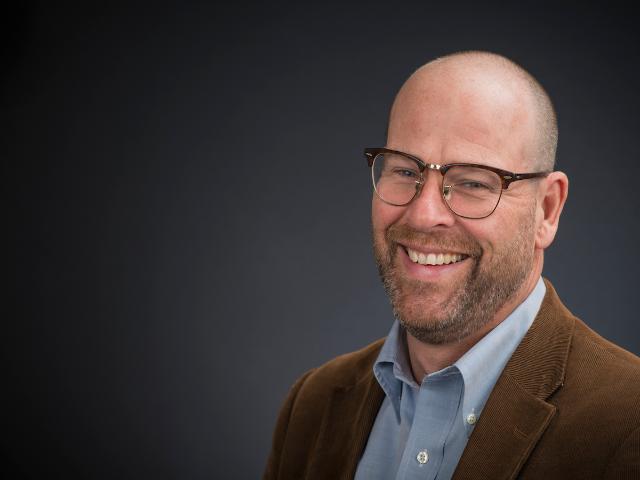bilingual education add-on Certification
The Institute of Professional Educator Development (IPED) offers coursework leading to an add-on license in Bilingual Education. Teacher candidates wishing to earn a Bilingual Education license must already have an initial license or be in the process of obtaining one.
A Bilingual Education license enables future teachers to foster students’ native language literacy while simultaneously developing their English language skills and academic content. UW-Parkside students in this program will develop a knowledge base in the areas of second language acquisition, effective teaching practices to foster bilingualism and biliteracy, research and theory related to second language learners, program models, the history and politics of Bilingual and ESL education, and the rich cultural and linguistic characteristics second language learners bring to school.
PROGRAM HIGHLIGHT
CO-TEACHING MODEL
From your very first clinical experience, you will be part of the co-teaching model. You are paired with a professional teacher from your very first education course through your final experience as a student teacher. Parkside has strong partnerships with area schools who open their doors so that you can experience first-hand what it is like to be a teacher in the real world.
COURSES
EDU 225 | Foundations of Bilingual and ESL Education
EDU 235 | Home, School, and Culture (online)
EDU 325 | Introduction to Second Language Acquisition
EDU 335 | ESL Methods
EDU 436 | Literacy in the Second Language Classroom
EDU 446 |. Assessment in the Second Language Classroom
CAREER OPPORTUNITIES
Career Opportunities
Coursework in this program leads to a K-12 bilingual add-on license. Teachers with a bilingual license are qualified to work as classroom teachers in a bilingual program at the same developmental band as their initial license, whether Middle Childhood-Early Adolescence (MC-EA), Early Adolescence-Adolescence (EA-A), or Early Childhood-Adolescence (EC-A). Special Note: teacher candidates wishing to earn a bilingual license can also earn an ESL license very easily, since the coursework for the two licenses is exactly the same, with differentiation within classes.
Frequently Asked Questions
How do the clinical hours work?
Teacher candidates (you) work alongside a professional educator (a teacher) to support student learning at area schools. Depending upon your major, you will serve clinical hours at different developmental or grade levels. UW-Parkside currently has two license areas: Secondary Education for grades 6-12 (middle and high school) and Elementary Education for grades 1-8. Initial EDU courses require 20 clinical hours per course, which comes out to about two hours a week that you’ll be spending time in a classroom.
What does the clinical placement involve?
Our Clinical Placement Coordinator will set up a time within the first weeks of the semester for what we call “Pairs Training," where you will meet the teacher you’re going to spend time with for the semester. This meeting is a chance for you to share times you’re available and discuss expectations for you in their classroom. You’ll confirm the days and times you’ll be in their classroom during this meeting as well.
How will I fit 20 hours into my semester schedule?
By learning and utilizing time management skills, you will be able to work these hours into your semester schedule. On average, 20 hours a semester works out to be about two hours per week in the classroom. This doesn’t include your travel time to and from your clinical placement. IPED recommends keeping one or two mornings a week open so you have this time to go to your school placement to help you complete the required clinical hours. The IPED advisor is available to work with you to learn time management skills.
What if I don’t end up liking teaching?
Don’t worry, exploring is very important to help you learn what you like or dislike about any degree program. EDU100 is a good class to introduce teacher education students to the classroom experience. Working with the IPED advisor, you will find it is very easy to change your major or continue exploring your options.
OTHER EDUCATION OPPORTUNITIES
Education Programs
Elementary Education Major
Secondary Education Major
Special Education Major
English as a Second Language Minor
Licensure Opportunities
Elementary Education
Secondary Education
PreK-12
Technology + Pre-engineering
English as a Second Language Minor
Bilingual Education Certification
PROGRAM CONTACT INFO
Mary Henderson | 262-595-2180 | teachereducation@uwp.edu
Faculty Highlights
-

Dr. Gregory Cramer taught ESL and Bilingual Social Studies—World History, U.S. History, World Geography, and Civics—for 15 years in Milwaukee Public Schools. He also taught drama and music and led student plays and musical groups. His areas of research interest are bilingualism and biliteracy, graphic novels for bilingual/ESL students, and immigrant students in U.S. schools.



